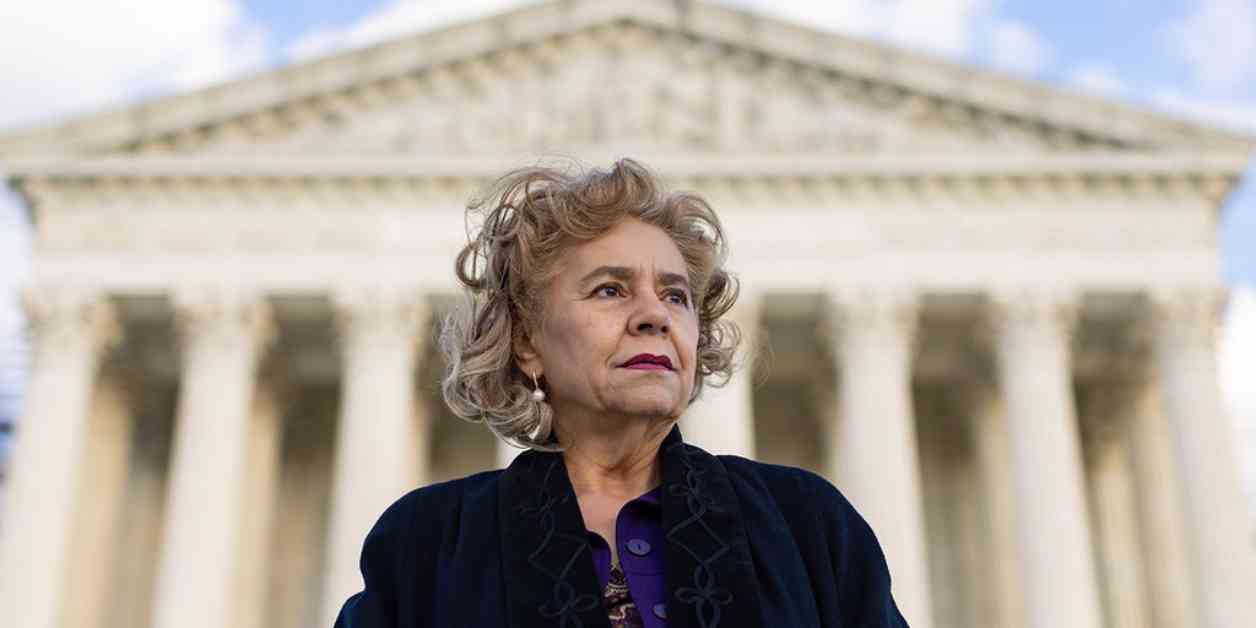The Supreme Court made a decision in favor of Sylvia Gonzalez, a former councilwoman from Texas, who was unlawfully arrested as an act of political retaliation. Gonzalez, along with her legal team from the Institute for Justice, filed a lawsuit against Castle Hills Mayor JR Trevino and other officials, accusing them of orchestrating her removal from office in response to her criticism of the city manager, which violated her First Amendment rights.
Initially, a Fifth Circuit court dismissed her case, stating that she did not provide sufficient evidence to support a claim of “retaliatory arrest.” However, the Supreme Court overturned this decision, acknowledging Gonzalez’s research that revealed the statute under which she was charged had never been used in her county for a similar offense. The Supreme Court criticized the Fifth Circuit’s requirement for “comparator evidence,” stating that it was too demanding.
Gonzalez’s ordeal began in 2019 when she introduced a nonbinding petition calling for the replacement of the city manager due to constituent complaints about his lack of responsiveness. Following a heated discussion at a city council meeting, Gonzalez was accused of tampering with a public document, which led to her arrest. Despite the charges being dropped later, the incident marked the end of her political career.
The lawsuit filed by Gonzalez against the city officials highlighted the violations of her constitutional rights, and the Supreme Court’s ruling in her favor was praised as a victory for the First Amendment. The decision was seen as a step towards safeguarding the rights of individuals to express their opinions without fear of retaliation.
The case of Sylvia Gonzalez sheds light on the importance of protecting freedom of speech and preventing government officials from using their power to silence dissenting voices. The Supreme Court’s recognition of Gonzalez’s claim sets a precedent for holding accountable those who engage in retaliatory actions against individuals exercising their constitutional rights. It serves as a reminder of the ongoing struggle to uphold democratic principles and ensure that all Americans can voice their opinions without facing unjust consequences.


















